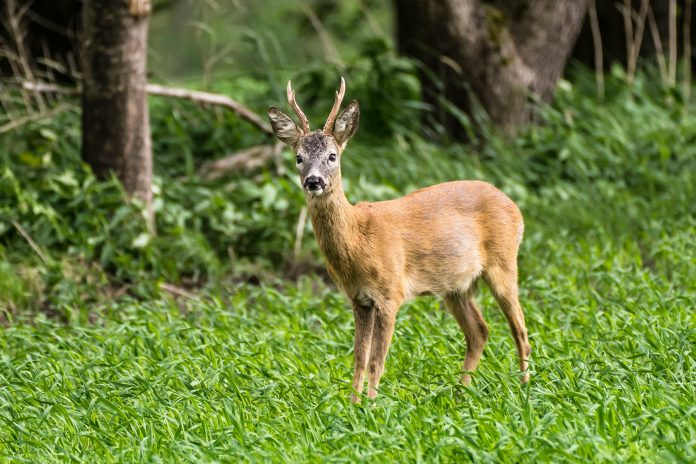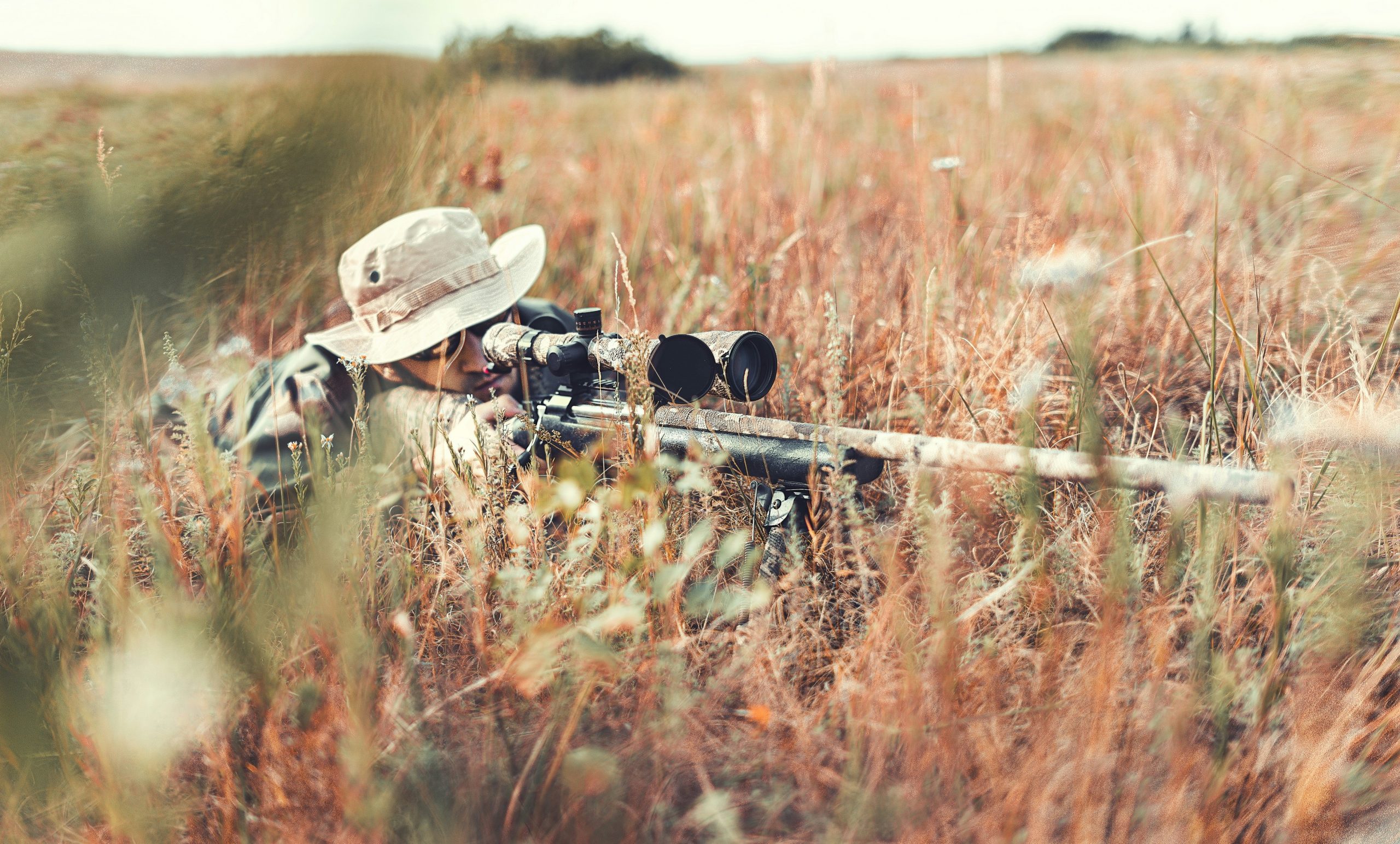
For many Hoosiers, fall is the season to strap on one's boots and trek into the wilderness in pursuit of the hunt. Every year, nearly 120,000 deer are "harvested" in Indiana alone, with Putnam County responsible for no fewer than 2,000 of those. In the rural Midwest, hunting is king, a long-standing tradition with a deep cultural impression. But among young people — especially students at DePauw — it is a much more controversial practice.
But why would so many people feel uncomfortable with the idea of hunting? Common practical and ethical concerns with hunting revolve around the problematic satisfaction of taking a life. Hunting appears to be, in the eyes of its detractors, the infliction of unnecessary, and perhaps even cruel suffering on an innocent sentient being. If we take for granted that humans bear no active responsibility to reduce suffering in the world but at least not actively inflict it upon others, hunting may easily seem a barbaric, archaic and unnecessary practice in the modern world. Though animals such as deer cannot express their own moral value as sentient beings in language, animal activists would argue that it is our duty to speak on their behalf and prevent their exploitation for the ends of human pleasure.
Some might extend this argument further, saying that if we are to marginalize the role of animals as moral beings, deserving of having their pleasure and suffering taken into account, where are we to draw the line? Morally protected classes are not so easy to categorize, and who is to say that a human baby is any more or less intelligent than a wild animal? Others may express concern about overhunting, which if allowed, could cause near-irreversible ecological damage which might in turn pose grave dangers to both animals and humans alike.

On the other hand, what would drive someone to take a life? Proponents of hunting are quick to point out that there are a multitude of reasons one might be driven to hunt, which might be briefly categorized as being for ecological purposes, subsistence and sport. Hoosiers have a long and storied relationship with hunting. Where wild deer were once driven extinct due to human-driven population pressures, hunting now has become the means through which their population is controlled. In the absence of a sufficient number of natural predators such as the North American Grey Wolf, deer overpopulation can quickly lead to damaged crops, vehicle collisions, outbreaks of disease in the local deer population and strain on native plants and the ecosystem as a whole. Though attempts have been made in some parts of the United States to reintroduce these natural predators, one might easily see why such a measure might be unpopular in more heavily populated regions.
In this case, proponents of hunting would point to deer hunting as the superior ethical alternative to managing the deer population. They would claim the well-regulated tagging and licensing system implemented in the United States as an effective measure to maintain balance in the natural world. Although this argument betrays some species-based chauvinism, at the end of the day there is no happy retirement for these wild animals. Even in the absence of intentional human predation, deer populations can be ravaged by anything from Chronic Wasting Disease to automobile collisions. Hunters are often quick to point out that hunting itself is not exclusively for the thrill of the hunt. Many rural hunters often put the flesh of the animal to use in order to feed their families, providing a cheap and plentiful source of meat in a world of rising food costs.
However, these justifications fail to approach the core of many people's moral objections to hunting, which is how one might justify the killing of an animal for mere sport. Regardless of how "clean” the kill is when sport hunting is concerned, one is weighing the life of a living, breathing animal against one's own personal satisfaction on the figurative ethical scale. Hunters might retort that the pleasure does not merely derive from killing alone, but in the challenge. Hunting in this view does not degrade the value of the animal in the eyes of the hunter, but makes the hunter "in-tune" with the animal’s place in the natural world. By bringing the hunter to the animal's level, the hunter fills the niche of the deer's natural predator, a role which humans seem evolutionarily suited for.
The debate over hunting is unlikely to be settled anytime soon. Although the prospect of a "lesser evil" may seem unappealing to some, and the arguments of animal ethics bearing heavily on many conscientious youths, hunting remains a sizable part of the Hoosier cultural landscape. As society grapples with the moral value of animals and cultural significance of hunting, it becomes crucial not to resort to stereotypes of rural bumpkin sociopaths mindlessly taking animal lives or tree-hugging hippies attempting to stomp on American traditions, but to reach a greater understanding. Perhaps if we take a step outside campus, we can reach a common ground. Although you may never truly endorse the practice of hunting, it never hurts to understand why your family, friends or neighbors are so excited when deer season rolls around.
